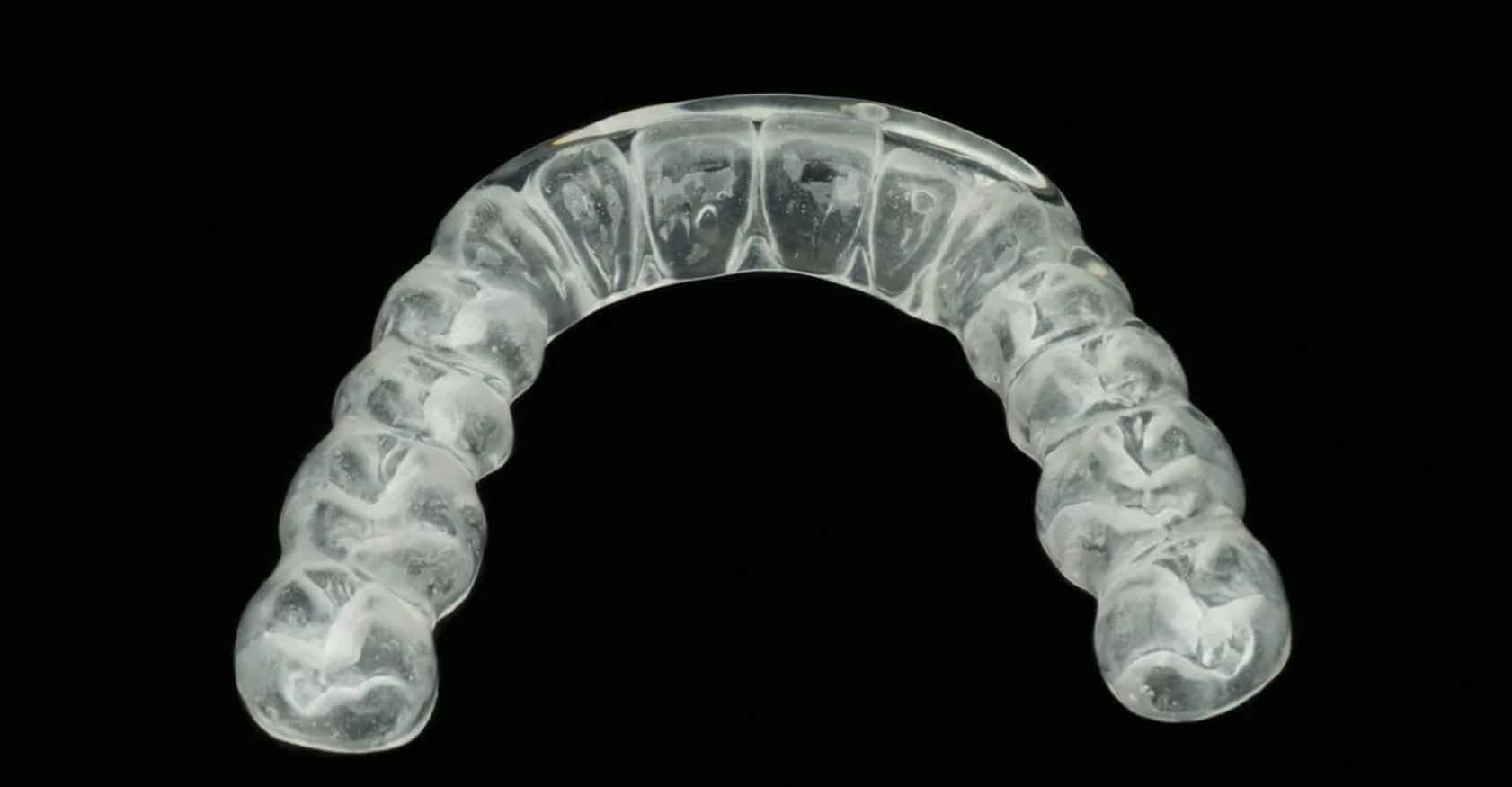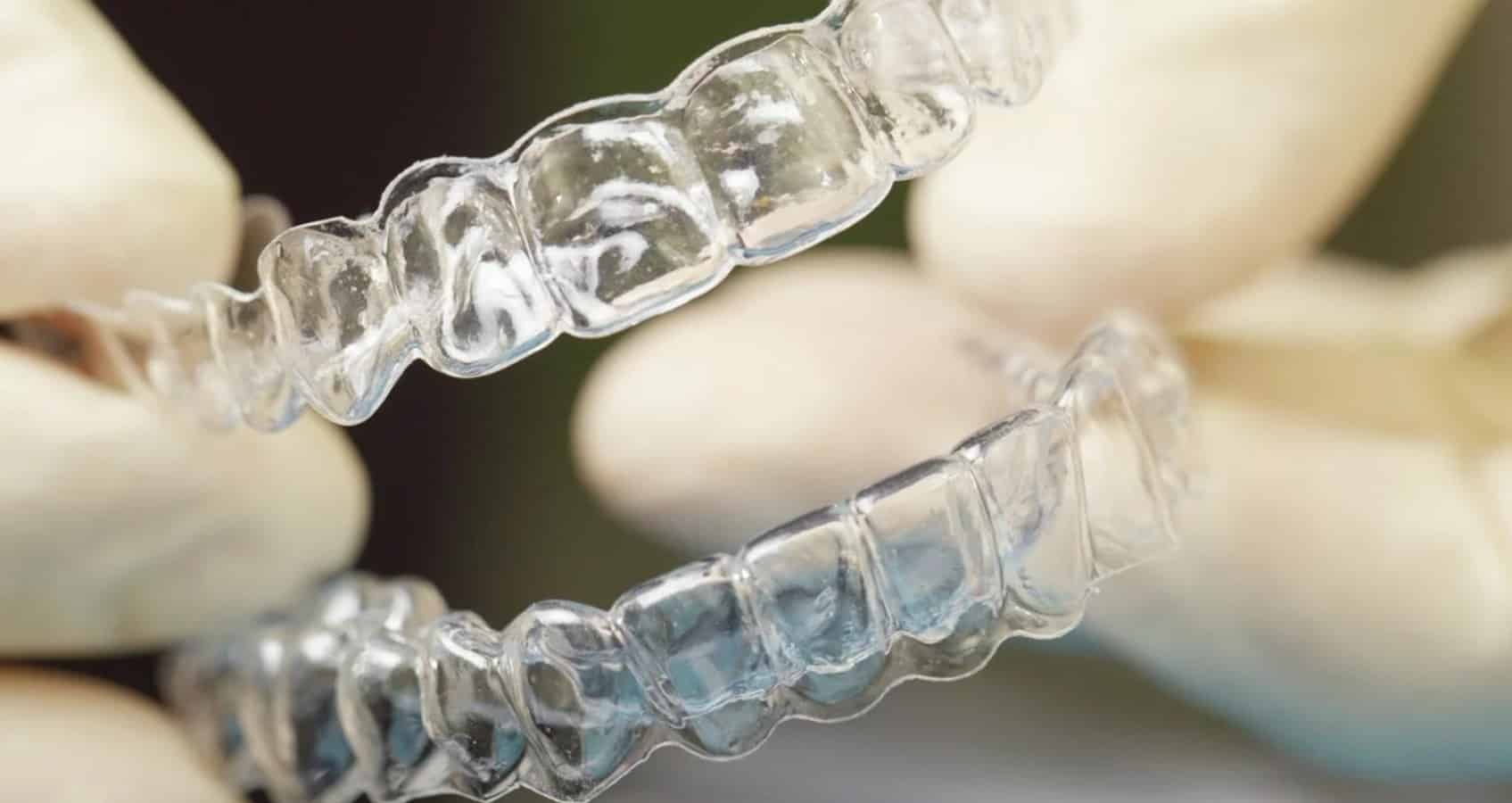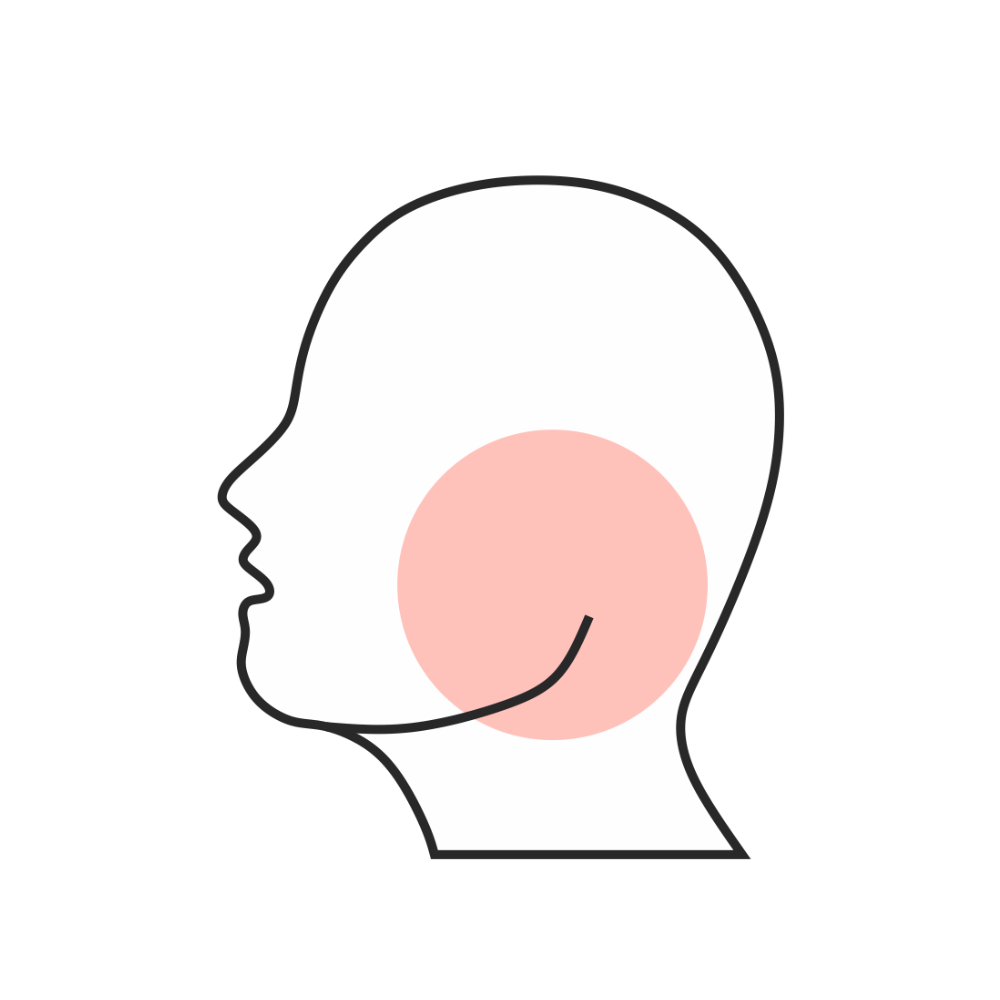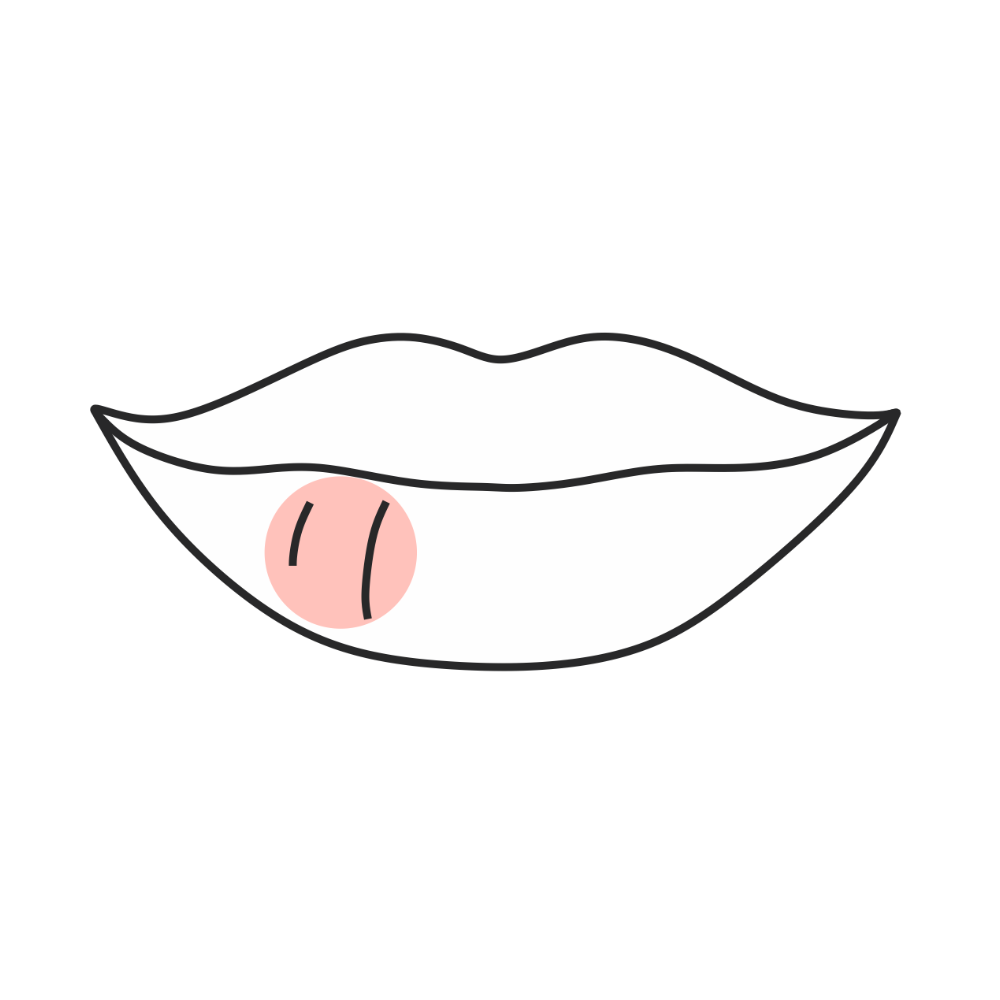Mouthguards, sports guards or mouth protectors are removable appliances that protect your teeth against damage during sports and against nighttime grinding or clinching.
Dental mouth guards, sports guards, or mouth protectors are removable appliances to dentures that protect your teeth against damage during sports and nighttime grinding or clenching. Although each type of dental mouth guard may differ in its purpose, they are all acrylic plastic to cover your teeth (usually the upper arch) to support and protect your dentition from fracture, damage, or trauma.
Dental Mouth guards are generally worn on the upper teeth. They are designed in such a way that they will also provide protection to lower teeth. In certain situations, dental mouth guards can be made for lower teeth also but typically upper night guards are more comfortable for the patient.
Protect your teeth with custom mouth guards!
Mouthguards are mainly used for protecting the teeth and jaw joints from accidental injuries during sports. When playing contact sports like boxing and wrestling, and even non-contact sports like baseball, cricket, skateboarding, etc., there is a risk of injury to the teeth. A mouth guard will normally protect against it.
There are three broad types of mouthguards, which differ primarily on the way they are made:

Yes! If you are wearing braces and you get injured or hit in the face, your braces can do damage to your surrounding gums or cheeks. An accurately-fitting mouth guard may be particularly important in such situations. Your dentist near me or orthodontist should provide highly recommended advice on the appropriate form of the guard for your mouth.

Make it a routine to:
If you play high-impact sports, you may benefit from wearing a custom mouth guard.
Mouth guards are designed to prevent accidental injuries to the oral tissues during active contact sports. If sportsmen do not wear mouth guards, they are vulnerable to the following types of injuries or problems:

Teeth can fracture due to a direct blow to the teeth during contact sports. This can be easily prevented by wearing mouthguards.

If a mouth guard is not worn, an accidental impact on the face can lead to the fracture of dental prostheses like crowns, bridges, and other prostheses.

Injuries to one or both the jaw joints can result in serious problems such as difficulty in speech and eating and limited mouth opening. The dental mouth guards are helpful in preventing direct or indirect trauma to the jaw joints during field or contact sports.

during contact sports, there is a chance that teeth may accidentally bite on the tongue or cheeks, leading to a serious injury. Another use of a dental mouth guard is to prevent the oral soft tissues from damage.
Custom Mouth guards are designed for your protection. Wearing them during sports can prevent you from serious damage to your teeth, gums and other dental structures. If you are a sportsman and you don’t have a habit of wearing one, then you should visit your dentist immediately for getting custom-made mouthguards, so that you can enjoy the sports without having any fear of dental injuries.
Mouth guards can be used for both protection from external trauma and sporting injuries and nighttime grinding and clenching. However, mouthguards are only placed on the upper arch of the mouth and are primarily meant for sporting events. The ideal device will be a night guard if you suffer from nighttime grinding and clenching.
Nightguards are similar to mouth guards — both protect your teeth from damage and external trauma. Both can be used for sporting events and nighttime grinding and bruxism. However, night guards are specifically designed for people who suffer from bruxism, teeth clenching, loud snoring, and sleep apnea.
Nightguards are plastic devices that protect both your upper and lower teeth. Teeth grinding and clenching are common during sleep or even during the day. You may unconsciously be clenching your teeth through stressful situations or other factors that induce anxiety. Treating the root cause of bruxism is difficult because it’s often caused by psychological reasons, which is why night guards serve as a quick solution to prevent tooth wear and damage.
If you continue grinding your teeth too often, it may lead to issues like cracks, fractures, cavities, and severe tooth wear. Over time, these issues can spread, and you may need root canal treatment, or you may need to extract teeth from their root, both of which are extremely painful and expensive procedures. Besides these extreme issues, you will also suffer from toothaches, tooth sensitivity, changed bites, and many other problems.
However, with night guards, you can put an end to all of those problems. If you already have a dental mouth guard, you may continue using them, as both serve similar purposes. However, if you suffer from severe grinding and bruxism, it’s better to get a nightguard — one specifically meant for that problem. A mouthguard may work, but it won’t be nearly as efficient as a nightguard.
Houston | Katy | Montrose | West University Place | Greater Third Ward | Greater East End | North East Houston | Houston Heights | Central Northwest | Fairbanks | Acres Home | East Houston | Southeast Houston | Central Southwest | Fort Bend Houston | Brays Oaks | Meyerland Area | Sharpstown | Alief | Westchase | Memorial | Northwest Houston | Katyland | Whispering Lakes | Pine Lakes | Woodcreek Reserve
Visit us today at URBN Dental as a walk in patient or call us at 281-584-3123 for an appointment at a time of your choosing! Here is to permanent smiles and stronger teeth for all!
No Insurance? No problem.
© Copyright 2025 | Designed & SEO Optimized by The Doctors Marketing
Disclaimer: URBN Dental uses restorative materials such as Admira Fusion® by VOCO, which are free of BPA and Bis-GMA, and are not known to degrade into microplastics under normal oral conditions. While marketed as biocompatible and free of traditional plastic monomers, no dental material is guaranteed to be completely risk-free for all patients. This information is provided for educational purposes and does not constitute medical or regulatory advice.

Discover your perfect smile with a FREE Invisalign assessment.

Receive a complimentary 3D scan ($300 value) when you proceed with implant care.

Speak with our experts about your smile goals from the comfort of your home.
Discuss your smile goals with our experts—choose an in-office visit or a convenient 15-minute phone consult.

Quick, affordable care when you need it most.

Have questions about implants? Get personalized guidance in a brief phone call.